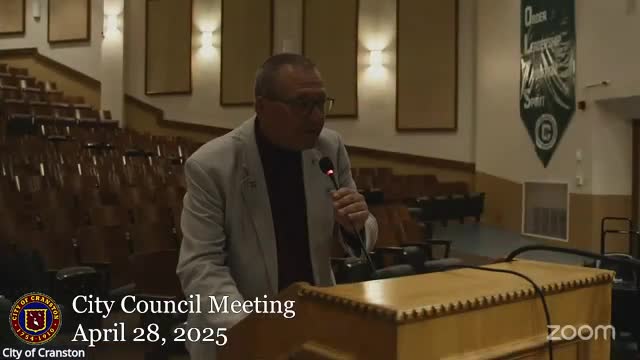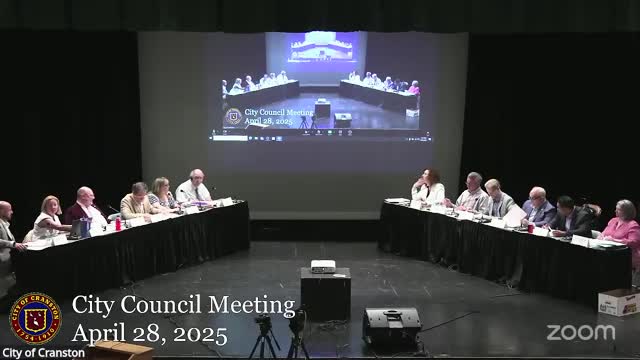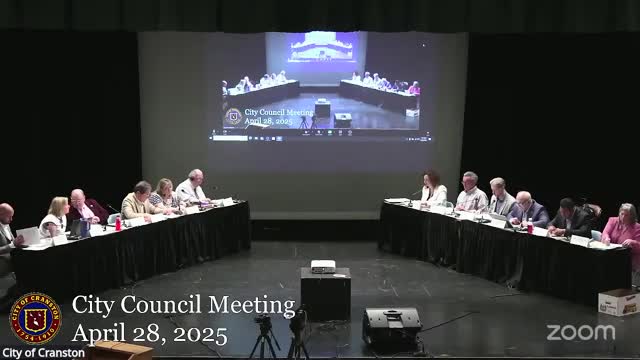Article not found
This article is no longer available. But don't worry—we've gathered other articles that discuss the same topic.

Resident questions $950,000 splash pad and council asks Public Works to review

Votes at a glance: Cranston City Council approves labor contracts, appointments and budget adjustments

